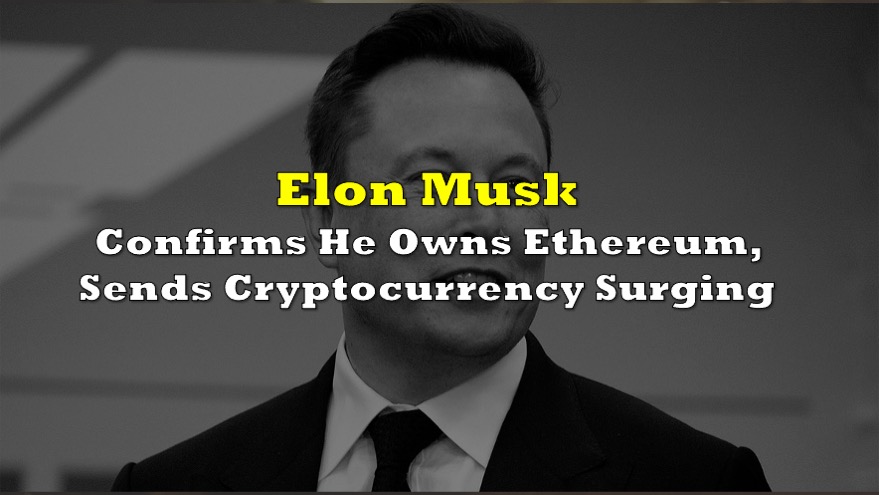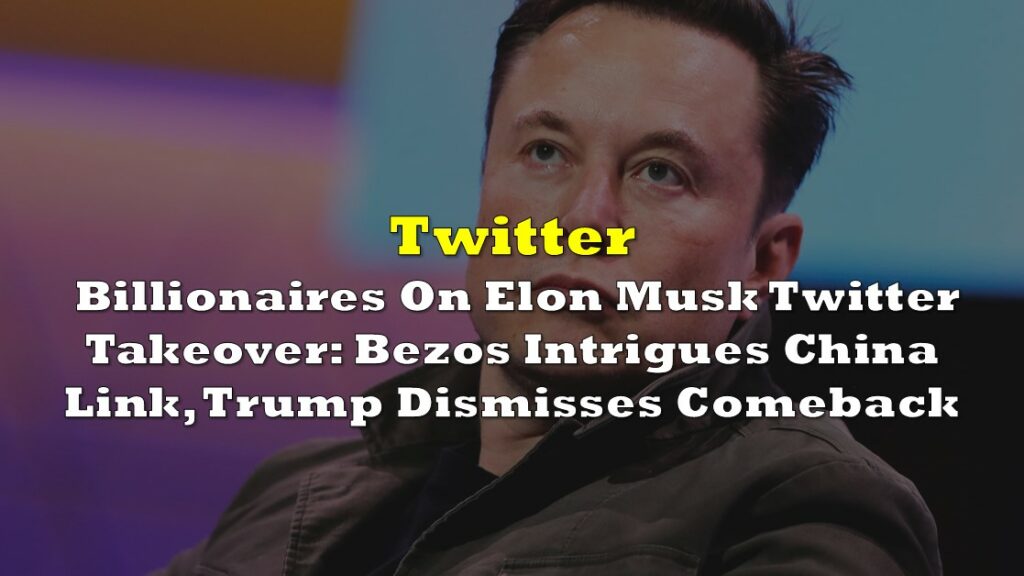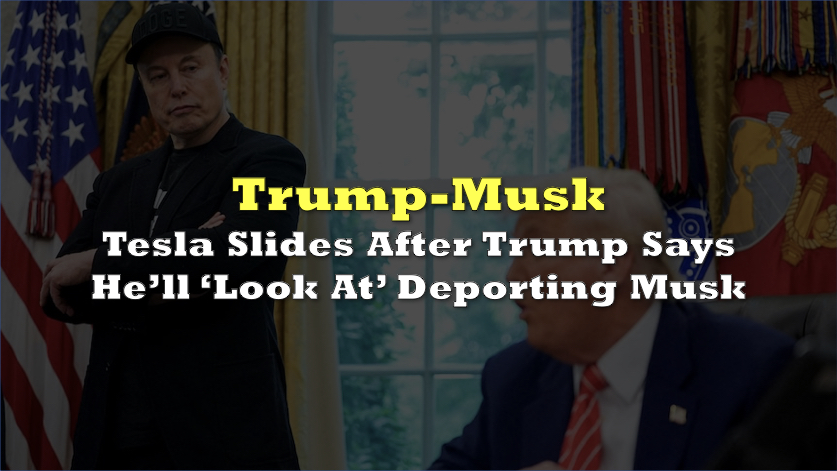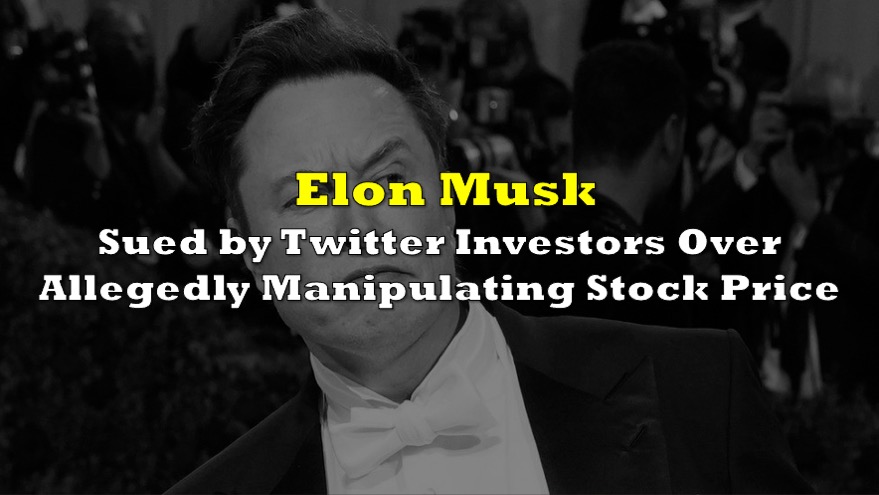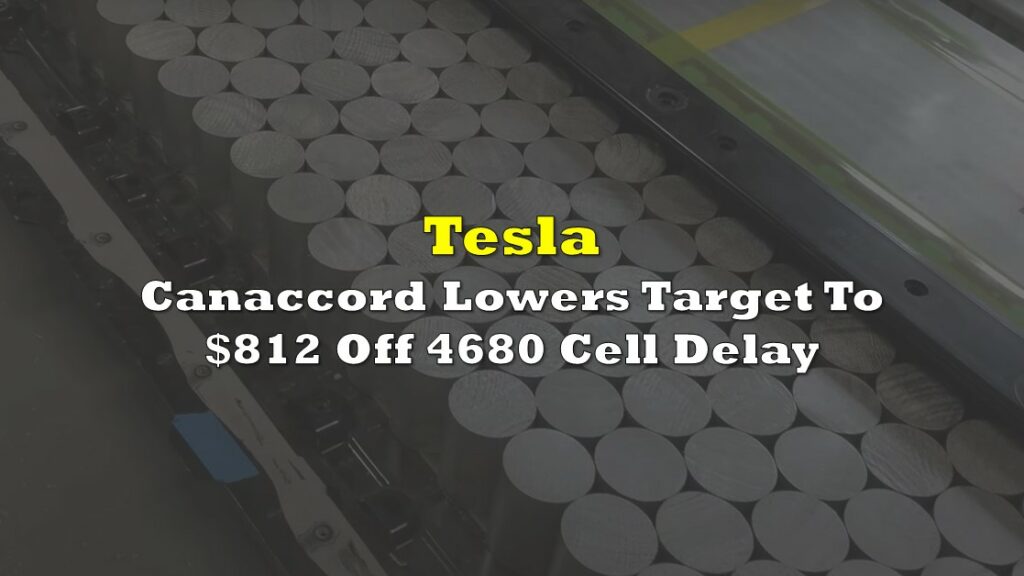In a special report, Reuters reveals that Tesla (Nasdaq: TSLA) allegedly engaged in manipulating its vehicles’ range estimates to enhance marketing appeal and boost sales.
According to sources familiar with the matter, Tesla began the practice around a decade ago by deploying algorithms in the range meter software of its vehicles to display optimistic projections of driving distances when fully charged.
This move was reportedly directed by Tesla’s CEO, Elon Musk, to present impressive range numbers to potential buyers, alleviating “range anxiety” – the fear of running out of power before finding a charger – which has been a significant concern affecting EV sales.
“Elon wanted to show good range numbers when fully charged,” the source told Reuters, adding: “When you buy a car off the lot seeing 350-mile, 400-mile range, it makes you feel good.”
The strategy involved projecting exaggerated ranges until the battery dropped below 50% of its maximum charge, after which more realistic projections were shown. Tesla designed its cars with a “safety buffer” that allowed an extra 15 miles of range even after the dash readout indicated an empty battery.
The accuracy of range estimates is a crucial factor for consumers considering an EV purchase. Tesla’s EVs have seen impressive growth in sales, with approximately 1.3 million cars delivered in 2022, marking a surge of nearly 13 times more than five years before.
Tesla’s alleged exaggeration of range estimates has not gone unnoticed by regulators and testers. The company was fined by South Korean regulators for delivering cars that provided as little as half of their advertised range in cold weather conditions.
Moreover, a study conducted by Recurrent, a Seattle-based EV analytics company, found that Tesla’s range meters did not adjust estimates to reflect hot or cold outside temperatures, potentially misleading consumers.
The US Environmental Protection Agency (EPA) has also mandated Tesla to reduce range estimates for some of its vehicles after independent tests by automotive experts showed significant discrepancies between advertised ranges and actual performance. While the EPA acknowledges the possibility of variations between automakers’ tests and the agency’s evaluations, it continues to audit EV manufacturers to ensure compliance.
While other automakers generally provide more conservative estimates calculated using the EPA’s formula, Tesla stands out as the “most aggressive” in its range calculations, according to Gregory Pannone, a retired auto-industry veteran.
Pannone co-authored a study of 21 different brands of electric vehicles, which was published in April by the engineering organization SAE International. They found that three Tesla models averaged 26% below their advertised ranges.
“I’m not suggesting they’re cheating,” said Pannone. “What they’re doing, at least minimally, is leveraging the current procedures more than the other manufacturers.”
Despite complaints from some customers about inaccurate range estimates, Tesla has maintained that the EPA-approved figures are predictions, not precise measurements.
Diversion tactics
The demand for service appointments related to range concerns grew with the carmaker’s sales numbers, with wait periods for bookings going for as long as a month. Reuters says that the company responded by establishing a secret “diversion team” in Nevada, a team that aimed to handle customer concerns without in-person service appointments.
“Tesla instructs owners to book appointments through a phone app,” the outlet wrote. “The company found that many problems could be handled by its ‘virtual’ service teams, who can remotely diagnose and fix various issues.”
“Tesla supervisors told some virtual team members to steer customers away from bringing their cars into service whenever possible. One current Tesla ‘Virtual Service Advisor’ described part of his job in his LinkedIn profile: ‘Divert customers who do not require in person service.’”
The carmaker also updated its app so that those reporting range concerns could no longer book an appointment, and instead request for someone from the company to contact them, which would often take several days because of the large backlog of range complaints, a source told Reuters.
While Tesla’s intentional inflation of in-dash range-meter projections and the alleged creation of its range-complaints diversion team have not been previously reported, Musk has long been known to overstate Tesla timelines, projections, and features like Full Self-Driving, to drum up excitement and influence share prices. His management of Twitter, which he acquired in October, has also exhibited his tendency to suppress critics and cut corners.
Information for this story was found via Reuters, and the sources and companies mentioned. The author has no securities or affiliations related to the organizations discussed. Not a recommendation to buy or sell. Always do additional research and consult a professional before purchasing a security. The author holds no licenses.





